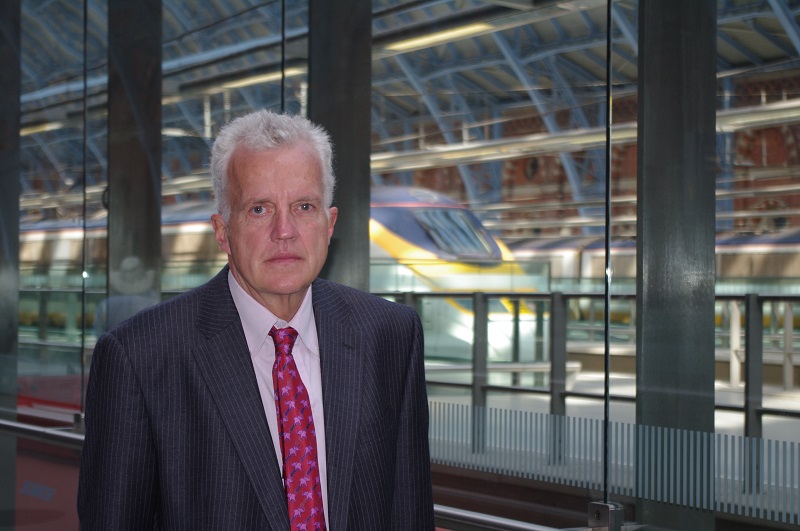It was brave of London & Continental to rebrand the Channel Tunnel Rail Link as High Speed One (thankfully not ‘Hi Speed’). The implication, of course, is that there will be more high speed lines whereas this question is very much hanging in the balance and may, in fact, hit the buffers with a resounding thud when the Eddington report is published, probably later this month.
Eddington is likely to say something vaguely positive about the possibility of a spinal high speed line but the signs are that his support will be equivocal. Indeed, the bookmakers favourite is that the report will suggest the need for further work and investigation, which is the way that governments look as if they are doing something without actually having to bother. It is widely known that the first draft of Eddington was rejected because he did not pay sufficient attention to the environment (even though he was not asked to!) and the obvious logic would be to suggest that, with climate change charging up the political agenda, strong support for a high speed rail link is a no-brainer. It would attract people off the motorways, increase capacity of the rail service and reduce domestic air travel.
But hold on a sec, exactly which one of these is environmentally friendly? While good rail service undoubtedly attract some potential drivers, especially for commuting journeys, rail only accounts for 6 per cent of modal share. Even doubling that will merely make up for a few years growth on the roads, not making any serious inroads into the moving carpets which motorways have become. Moreover, a new line is likely to be a premium product, requiring high fares which will limit its attractiveness to poorer users.
Increasing the capacity of the railways may, too, free up some space for freight trains but again the end result will be more people on the network, some of whom would not otherwise have travelled had it not been for the high speed railway. Moreover, the biggest issue for many train operators is that they do not have enough car parking. Every rail journey requires two by other modes and all but a few per cent are by some kind of road vehicle. Ebbsfleet, the new Kent station on High Speed One will eventually have 9,000 car parking spaces. Exactly how environmentally friendly is that?
The best environmental argument is to reduce domestic air travel but, with the improvement on the West Coast line which has already reduced the number of London – Manchester passengers and the lack of viable airports on the East Coast, other than Newcastle, is there really great scope for this. Would a high speed line really obviate the need for extra London runways. I doubt it, which is not to say that the aim is not highly laudable.
There is no doubt that a high speed line has enormous social benefits in terms of regeneration and bringing the country together. But the environmental argument is probably, at best, dubious, and if we are genuinely moving to a world where climate change is the number one issue, then these issues may actually make a high speed line unsustainable as it would still have a strong carbon footprint. The aim will not be to facilitate more travel but to reduce the existing number of journeys. In effect, the debate over a north south line has been launched too late and those skinflints at the Treasury may have triumphed through their prevarication.
